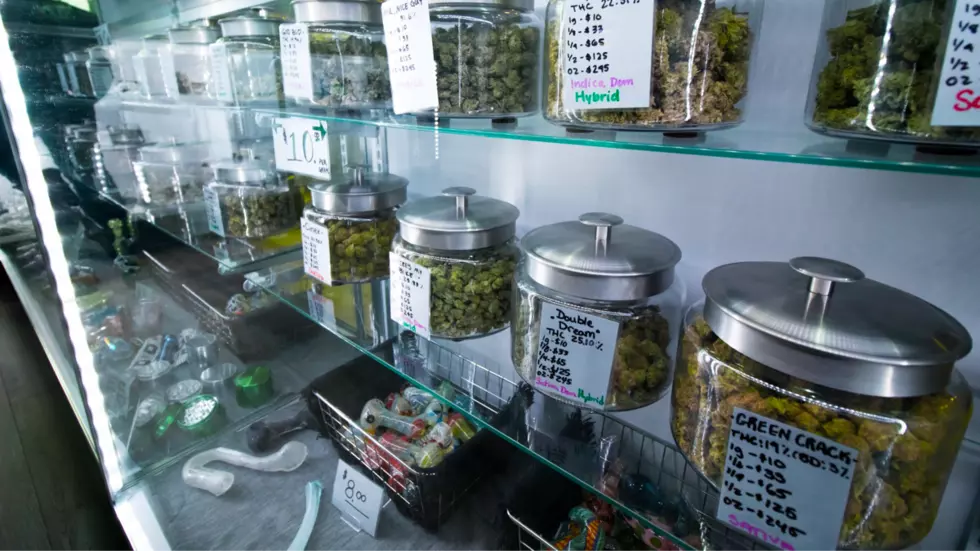
Missoula voters will decide 3% marijuana tax; county places question on ballot
Voters this fall will have an option to adopt or deny a 3% tax on the sale of marijuana and its related products sold in Missoula County, and commissioners have pledged their intent to direct the revenue toward tax relief and housing.
But on Thursday, commissioners stopped short of placing the intended use of the revenue on the official ballot. That came at the advice of legal officials who said the Montana Department of Revenue has not yet issued guidelines over how the revenue can be used.
“If this language was built in, it would direct where the money would go,” said Commissioner Josh Slotnick. “It would encourage folks to vote for this because they'd want to see property tax relief and more funds available for housing.”
While the county intends to use the revenue for tax relief and housing, its legal team advised commissioners from stating such specifics on the actual ballot since a number of questions from the state remain unanswered.
Anna Conley, the county's senior civil deputy, said DOR hasn't issued any administrative roles giving guidance to counties planning to adopt the tax. Those guidelines may or may not include Missoula's plans for the revenue.
“I would be hesitant to get too detailed on future uses, in particular since there may be some uses that are either required or more encouraged, once we get more guidance from DOR,” Conley said. “You might not want to box yourself in with categories that are too specific.”
Instead of specifics, commissioners - as have city officials - have stated their “legislative intent” to use the revenue for tax relief and housing. The county plans to conduct campaign messaging stating its plans for the revenue.
But even housing and tax relief could be broad.
“There was a strong desire to see these revenues go into two broad categories – housing and property tax relief,” said Slotnick. “We're overly property taxed because we have a lack of other tools to generate revenue by which can use to provide services. I feel like housing and property tax relief are broad enough that we could do lots of different things.”
More than 70% of Missoula County voters approved a ballot initiative last year legalizing the sale of recreational marijuana – a figure that far surpassed the 56% of statewide voters who placed their support behind the measure.
If voters approve taxing marijuana at the local level, the tax would go into effect 90 days later and raise an estimated $716,000 annually. Based on current projections compiled by the Bureau of Business and Economic Research at the University of Montana, a 3% excise tax would generate around $716,000 annually.
Missoula County would retain 50% of the revenue and the City of Missoula would keep 45%. The state would get the other 5% for administrative purposes.
“Generally, our comments on taxation ran 2-1 in support of putting taxation before the voters,” said county CAO Chris Lounsbury. “Comments also suggested that several uses of the proceeds of the tax should either be property tax relief, or funding for housing and mental health services.”
When asked if future county commissioners or City Councils could change the legislative intent of the tax revenue by not including it on the ballot, they said it would be possible.
“This is our legislative intent,” said commissioner Dave Strohmaier. “They (future officials) could change it. How easily and what the repercussions of doing so might be is a different story.”
The state taxes medical marijuana at 4% percent and will tax recreation marijuana at 20% when it becomes legal on Jan. 1. If Missoula voters adopt the 3% local tax, it would increase local medical marijuana taxes to 7% and recreational pot to 23%.
However, that 3% tax would remain local and be directed back to local needs.
“We hear from the electorate that they would like options of directly making a choice,” said Strohmaier. “This gives them that ability.”
